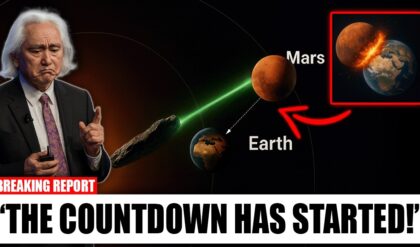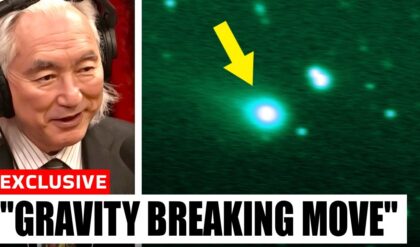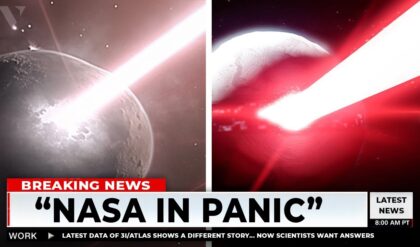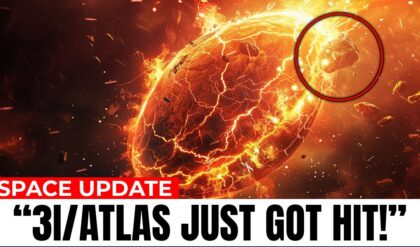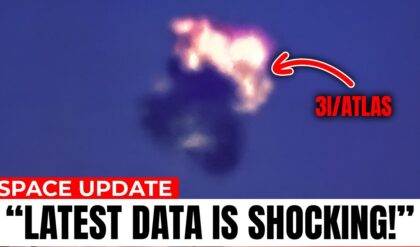Oblivion Remastered vs. Assassin’s Creed Shadows: Sales Showdown
The gaming world was set ablaze when The Elder Scrolls IV: Oblivion Remastered shadow-dropped on April 22, 2025, earning widespread acclaim for its nostalgic revival of Bethesda’s 2006 RPG classic. With a stunning Unreal Engine 5 overhaul, revamped combat, and a 92/100 Metacritic score, the remaster was poised to dominate the 2025 market. However, despite its critical success, Oblivion Remastered has been shockingly outperformed by Assassin’s Creed Shadows in one critical category: sales. Shadows, Ubisoft’s feudal Japan epic released on March 20, 2025, secured the second spot on the U.S. sales chart, while Oblivion Remastered trailed at third, falling just 4.7% short of Shadows’ debut player count, according to TrueTrophies. Why did a critically lauded remaster fall behind a new AAA title, and what does this upset reveal about the gaming landscape? Let’s explore the factors behind this surprising outcome.
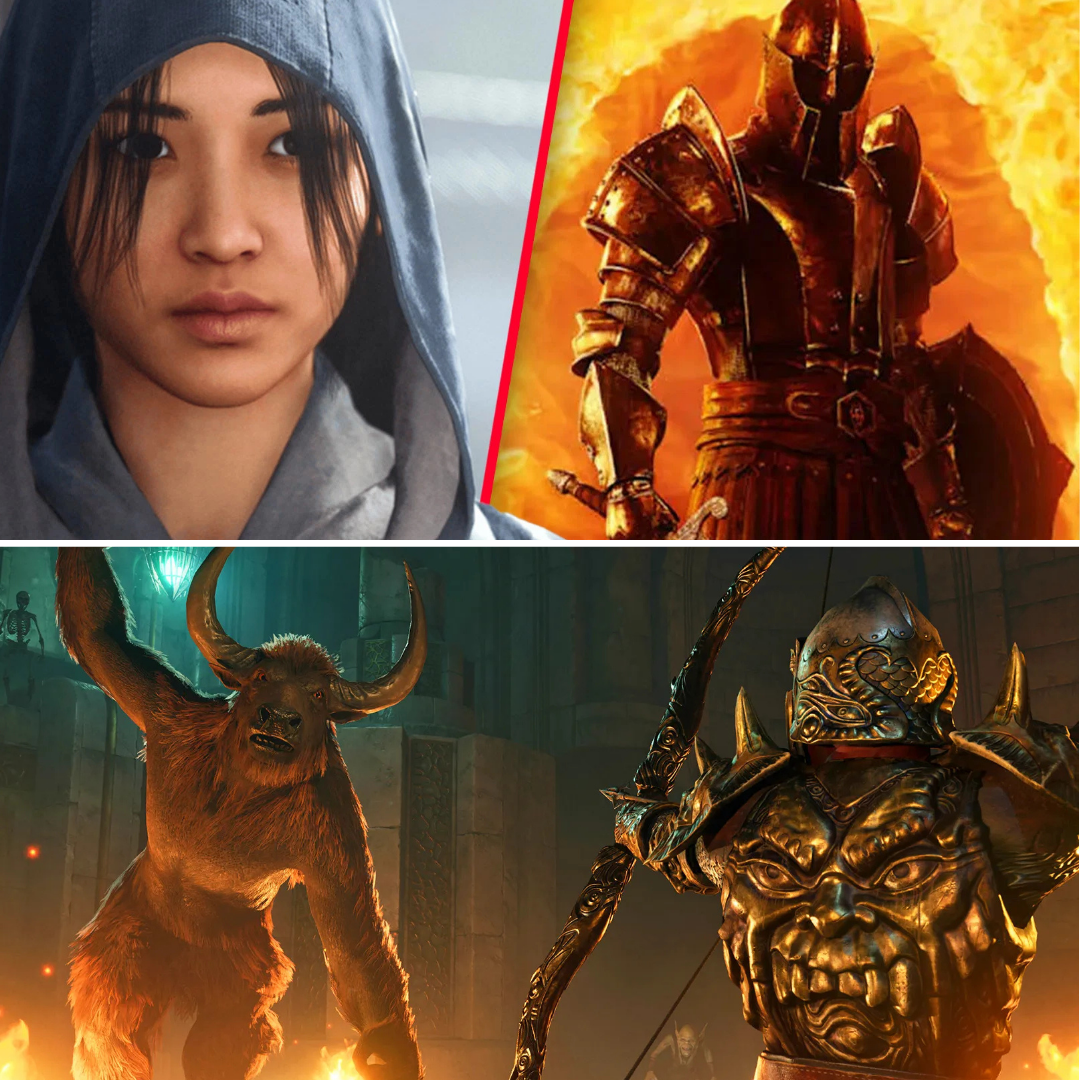
The Contenders: Oblivion Remastered and Assassin’s Creed Shadows
The Elder Scrolls IV: Oblivion Remastered, developed by Virtuos and Bethesda, is a visually spectacular reimagining of the 2006 RPG. Featuring Cyrodiil’s sprawling open world, iconic quests like the Dark Brotherhood, and a cast including Patrick Stewart and Sean Bean, it blends nostalgia with modern upgrades. IGN praised its “massively more playable” UI and graphical overhaul, awarding it a 9/10, while GameSpot noted its “astounding visuals” despite persistent bugs. The remaster, priced at $49.99, includes all DLCs, runs at 4K/60 FPS, and boasts a 216,784 peak concurrent player count on Steam, with 4 million players across platforms in its first week. Its day-one Game Pass availability further boosted its reach.
Assassin’s Creed Shadows, Ubisoft’s latest franchise entry, immerses players in feudal Japan as dual protagonists Yasuke, a historical Black samurai, and Naoe, a fictional female shinobi. Despite controversies over Yasuke’s portrayal and cultural inaccuracies, the game earned an 85/100 Metacritic score, with IGN lauding its “stunning open world” and “fluid combat.” Priced at $69.99, Shadows achieved 3 million players in its first week and a peak of 64,825 Steam players, trailing only Monster Hunter: Wilds in U.S. sales. Its dynamic stealth-combat interplay and rich historical setting have resonated widely, though some X users criticized its narrative focus.
The Critical Category: Sales Performance
While Oblivion Remastered garnered rave reviews, its sales performance—measured by dollar sales in the U.S., per Circana’s Mat Piscatella—fell short of Shadows. IGN reported that Oblivion Remastered secured the third spot on the 2025 U.S. sales chart after one week, behind Monster Hunter: Wilds and Shadows, despite its lower price and Game Pass availability. TrueTrophies noted that Oblivion’s PS5 debut player count was just 4.7% below Shadows’, a narrow but significant gap. This upset is surprising given Oblivion’s critical edge and nostalgic appeal, raising questions about why Shadows outpaced it.
1. New IP vs. Nostalgia: Market Appeal
Assassin’s Creed Shadows benefits from being a fresh AAA title in a franchise with a dedicated fanbase, offering a novel setting—feudal Japan—that players have long demanded. Forbes highlighted its “massive appeal” to Assassin’s Creed fans, with 40 million hours played in its first week, reflecting strong engagement. The dual-protagonist system, blending Yasuke’s combat-heavy “stealth tank” style with Naoe’s agile shinobi tactics, provides varied gameplay that GamesRadar called “chef’s kiss.” This novelty, paired with Ubisoft’s aggressive marketing, drew players seeking a cutting-edge experience.
Oblivion Remastered, while a critical darling, is a remaster of a 19-year-old game, relying heavily on nostalgia. PC Gamer described it as a “beautiful, buggy wonder” that retains 2006 jank, like clunky NPC pathing and repetitive Oblivion Gates, which may deter newcomers. Despite its 4 million players, many accessed it via Game Pass, reducing direct sales revenue compared to Shadows’ $69.99 price point. X posts, like @squiddokez’s, celebrated Oblivion’s third-place debut but noted its struggle to match Shadows’ raw sales power, suggesting nostalgia alone couldn’t compete with a new IP’s allure.
2. Pricing and Accessibility
Price played a significant role. At $49.99, Oblivion Remastered is cheaper than Shadows’ $69.99, but its Game Pass inclusion likely cannibalized direct purchases. GameRant estimated that Game Pass accounted for a significant portion of its 4 million players, reducing dollar sales compared to Shadows, which relies on full-price purchases and premium cosmetics. Reddit user u/Humble-Criticism6762 noted that Oblivion’s lower price and DLC bundle made it a “steal,” but Shadows’ higher price generated more revenue per sale, boosting its chart position.
Shadows also benefits from Ubisoft’s monetization model, with premium gear and potential DLC driving additional revenue, as highlighted in r/ShouldIbuythisgame discussions. Oblivion’s complete package, while value-packed, lacks ongoing microtransactions, limiting its sales potential. This dynamic underscores why Shadows edged out Oblivion in dollar sales, despite similar player counts.
3. Cultural and Marketing Momentum
Assassin’s Creed Shadows leveraged a robust marketing campaign, capitalizing on the hype for its Japanese setting and Yasuke’s historical novelty. Despite backlash over cultural inaccuracies—prompting an apology and a day-one patch for shrine interactions—Ubisoft’s promotion, including trailers and hands-on demos, sustained buzz. Reuters reported that North America, 53% of Ubisoft’s market, embraced Shadows’ diverse cast, with 64,825 Steam players reflecting strong engagement. The controversy, while divisive, kept Shadows in the spotlight, as X user @CultureCrave noted, driving curiosity purchases.
Oblivion Remastered’s shadow-drop on April 22, 2025, was a bold move but limited its pre-release hype. Metro News called it the “most anticipated launch” due to leaks, but Bethesda’s minimal marketing—a single reveal trailer—relied on nostalgia and word-of-mouth. While IGN praised its “Unreal-tinted glasses nostalgia trip,” the lack of a prolonged campaign may have capped its sales momentum, especially among younger players unfamiliar with the 2006 original. Clair Obscur: Expedition 33’s similar shadow-drop success shows marketing isn’t everything, but Oblivion’s quieter launch likely cost it the edge against Shadows’ aggressive push.
4. Gameplay Modernity and Accessibility
Shadows offers a modern, polished experience tailored to 2025 audiences, with fluid combat, seamless parkour, and a dynamic open world rivaling Dragon’s Dogma 2. VG247 lauded its “stunning” visuals and varied gameplay, appealing to both Assassin’s Creed veterans and newcomers. Its accessibility—streamlined quests and intuitive mechanics—caters to players who might find Oblivion’s dated systems, like level scaling and clunky combat, off-putting. GameSpot noted that Oblivion’s remaster retains “frustrating jank,” such as enemy scaling issues at Kvatch, which can alienate those without nostalgic ties.
Oblivion Remastered improves combat with dynamic blocking and reworked stealth, but XboxEra admitted it “still plays like a 2006 title.” Reddit threads on r/ShouldIbuythisgame debated this, with users like u/Trousersnake praising Shadows for “more fun” combat over Oblivion’s longer, less polished experience. Shadows’ modern design likely drew a broader audience, boosting sales over Oblivion’s retro charm, which Rock Paper Shotgun called a “humble modernization” best for veterans.
5. Platform and Performance Issues
Oblivion Remastered’s performance issues, particularly on Steam Deck and some PCs, may have dampened sales. Steam Deck HQ reported muddy visuals and sub-30 FPS drops in open areas, despite a Verified badge, advising against playing on the device. GameSpot noted frame drops and crashes, even on high-end PCs, potentially deterring buyers. Shadows, while not flawless, benefits from Ubisoft’s optimization for current-gen consoles and PCs, with Push Square praising its “smooth” PS5 performance. These technical disparities likely influenced purchasing decisions, favoring Shadows’ reliability.
Implications for the Gaming Industry
This sales upset mirrors other 2025 gaming trends, like Clair Obscur: Expedition 33’s dominance over GTA 6, which delayed its release to 2026 to avoid competition. Clair Obscur’s narrative focus outshone Elden Ring, showing that modern, accessible titles can eclipse nostalgic remasters. Oblivion’s third-place finish, despite critical acclaim, suggests that nostalgia-driven remasters, even with Game Pass, struggle against new IPs with broad appeal and robust marketing. Hindustan Times called Oblivion’s graphical leap “phenomenal,” but its $50 price and jank couldn’t match Shadows’ $70 sales power.
For Bethesda, the remaster’s 4 million players and third-place ranking are a success, but VGC warned that its bugs and dated mechanics limit its appeal to “nostalgic millennials.” Ubisoft’s Shadows proves that new IPs, even with controversies, can dominate through modernity and engagement, as GamesIndustry.biz noted its 40 million hours played. The industry may see more studios prioritizing fresh titles over remasters, though Oblivion’s Game Pass strategy could inspire hybrid models.
Looking Ahead
Oblivion Remastered remains a triumph for fans, with Vice calling it “the closest to generalized perfection” for preserving 2006 charm. Its sales, bolstered by Game Pass, ensure Bethesda’s remaster pipeline—potentially Fallout 3 or New Vegas next—will continue, per IGN. Shadows’ sales edge cements Ubisoft’s franchise strength, with DLC and cosmetics likely extending its revenue, as speculated on r/ShouldIbuythisgame. Players choosing between the two, as debated on Reddit, face a choice: Oblivion’s nostalgic depth or Shadows’ modern polish.
Conclusion
Despite The Elder Scrolls IV: Oblivion Remastered’s rave reviews and 4 million players, it fell short of Assassin’s Creed Shadows in U.S. dollar sales, trailing by just 4.7% in PS5 debut players. Shadows’ modern gameplay, higher price point, and aggressive marketing outpaced Oblivion’s nostalgic appeal, Game Pass-driven player count, and technical hiccups. This upset, echoing Clair Obscur’s 2025 dominance, highlights the power of new IPs in a competitive market. While Oblivion’s Unreal Engine 5 visuals and revamped systems thrilled fans, Shadows’ feudal Japan adventure captured broader sales, proving that even a beloved remaster can’t always top a fresh blockbuster. As Cyrodiil and feudal Japan vie for players’ hearts, Shadows claims the sales crown—for now.

